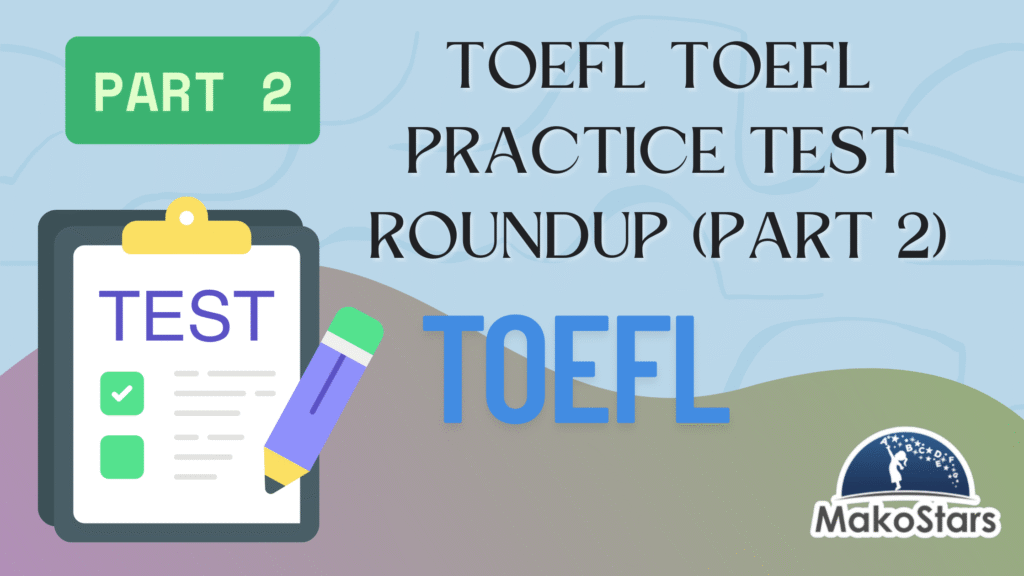Strategies for Learning English: From Daily Immersion to Digital Tools
Table of Contents
Introduction
Mastering English has become more crucial than ever. Business professionals aiming to expand global reach, a student preparing for international studies, or simply an enthusiast eager to explore English-language media, developing strong English skills can open up a world of opportunities.
This comprehensive guide will explore various strategies to help you master English, from addressing common errors to leveraging modern technology.
The Importance of a Multifaceted Approach
Learning a language, especially as an adult, requires a diverse and holistic approach. Gone are the days when memorizing vocabulary lists and grammar rules was enough. Today’s successful language learners employ a variety of techniques, combining traditional methods with innovative approaches. Let’s dive into these strategies and see how they can accelerate your English learning journey.

Addressing Common Fossilized Errors in Adult English Learners
One of the biggest challenges for adult English learners is overcoming fossilized errors. These are mistakes that have become habitual and are difficult to correct without conscious effort. Our detailed guide on addressing fossilized errors explores this topic in depth, but let’s highlight some key points:
- Awareness is Key: The first step in correcting fossilized errors is recognizing them. Pay attention to feedback from native speakers or language partners.
- Focus on One Error at a Time: Trying to correct all mistakes simultaneously can be overwhelming. Choose one error to focus on for a week or two before moving to the next.
- Practice Correct Usage: Once you’re aware of an error, make a conscious effort to use the correct form in your daily conversations and writing.
- Seek Regular Feedback: Engage with language exchange partners or tutors who can provide consistent feedback on your progress.
- Record Yourself: Listen to recordings of your speech to identify errors you might not notice in real-time conversations.
Remember, overcoming fossilized errors takes time and patience. Celebrate small victories and don’t get discouraged by occasional slip-ups.

Using Social Media to Enhance English Skills: Strategies and Pitfalls
In our digital age, social media platforms offer unique opportunities for language learners. However, they also come with potential drawbacks. Our in-depth article on using social media for English learning covers this topic extensively, but here are some key takeaways:
Strategies:
- Follow English-Language Content Creators: Choose accounts that align with your interests, whether it’s cooking, sports, or current events.
- Engage in Comments: Practice your writing skills by leaving thoughtful comments on posts.
- Join Language Learning Communities: Platforms like Reddit have thriving communities for English learners where you can ask questions and share experiences.
- Use Language Learning Features: Take advantage of features like Instagram’s caption translations to compare English text with your native language.
Pitfalls to Avoid:
- Over reliance on Informal Language: While social media can teach you colloquialisms, be aware that this informal language may not be appropriate in all contexts.
- Passive Scrolling: Don’t just consume content passively. Actively engage by writing, commenting, or even creating your own posts in English.
- Neglecting Other Skills: Social media primarily focuses on reading and writing. Ensure you’re also practicing speaking and listening through other methods.
- Information Overload: Set limits on your social media usage to avoid burnout and maintain focus on structured learning.
By leveraging social media wisely, you can create an immersive English environment that complements your formal studies.

Incorporating English into Daily Life: Practical Tips for Immersion at Home
You don’t need to live in an English-speaking country to immerse yourself in the language. Our guide on English immersion at home provides a wealth of ideas, but here are some practical tips to get you started:
- Change Your Device Language: Set your phone, computer, and other devices to English.
- Create an English Corner: Designate a space in your home where you only speak or interact with English materials.
- Label Household Items: Put English labels on objects around your house to build vocabulary naturally.
- Keep an English Journal: Write about your day in English, even if it’s just a few sentences at first.
- Cook with English Recipes: Try following English-language recipes to combine language learning with a practical skill.
- Morning Routine in English: Start your day by listening to an English podcast or reading an English news article.
- English-Only Hours: Set aside specific times of the day where you only use English, even if you’re alone.
- Narrate Your Actions: As you go about your day, describe what you’re doing in English, either out loud or in your head.
Remember, consistency is key. Even small daily efforts can lead to significant improvements and help you learn English at home.

Gamification in English Learning: Engaging Apps and Platforms
Learning doesn’t have to be a chore. Gamification can make the process enjoyable and addictive in a positive way. Our article on gamification in English learning explores various apps and platforms, but here’s an overview of how gamification can boost your language skills:
- Motivation Through Rewards: Many language learning apps use point systems, badges, and levels to keep learners motivated.
- Spaced Repetition: Games often incorporate spaced repetition algorithms, presenting words and concepts at optimal intervals for retention.
- Contextual Learning: Well-designed language games provide context for vocabulary and grammar, making it easier to remember and apply what you’ve learned.
- Immediate Feedback: Games offer instant feedback, allowing you to correct mistakes immediately and reinforce correct usage.
- Social Learning: Many platforms include social features, allowing you to compete or collaborate with other learners worldwide.
Some popular gamified platforms for English learning include Duolingo, Memrise, and Busuu. However, it’s important to use these apps as supplements to a more comprehensive learning plan, not as your sole method of study.

Integrating Multiple Approaches for Maximum Impact
While each of these strategies is effective on its own, the real power comes from combining them. Here’s an example of how you might integrate these approaches into your daily routine:
- Morning: Start your day with a short English news podcast while getting ready.
- Commute: Use a gamified app like Duolingo for 15-20 minutes.
- Lunch Break: Engage with English content on social media, leaving comments on posts that interest you.
- Evening: Spend 30 minutes in your “English corner,” reading a book or watching a show in English.
- Before Bed: Write a short journal entry in English, focusing on correcting any fossilized errors you’re working on.
By weaving English learning into various aspects of your day, you create a more immersive experience that accelerates your progress.
The Role of Consistency and Patience
As you embark on your English learning journey, it’s crucial to remember that mastering a language is a marathon, not a sprint. Consistency in your efforts is far more important than intensity. It’s better to spend 15 minutes every day on your English skills than to cram for hours once a week.
Moreover, be patient with yourself. Language learning is not linear; you’ll experience plateaus and even occasional setbacks. These are normal parts of the process. Celebrate your progress, no matter how small, and don’t be discouraged by temporary challenges.
Conclusion: Your Path to English Mastery
Strategies for Learning English is a journey that combines traditional learning methods with modern tools and strategies. By addressing fossilized errors, leveraging social media, creating immersive environments at home, and engaging with gamified learning platforms, you can create a comprehensive approach that suits your learning style and fits into your daily life.
Remember, the key to success is finding methods that you enjoy and can sustain over the long term. Experiment with different approaches, be consistent in your efforts, and don’t be afraid to make mistakes – they’re an essential part of the learning process.
As you continue your English learning journey, dive deeper into each of the topics we’ve covered by exploring our detailed guides. With dedication and the right strategies, you’ll be well on your way to achieving English fluency and opening up a world of new opportunities.
Happy learning!




![12 Basic Grammar Rules to Write Like a Pro [2025 Guide]](https://englishlearninghub.online/wp-content/uploads/2025/07/12-Basic-Grammar-Rules-to-Write-Like-a-Pro-2025-Guide-1024x576.png)

